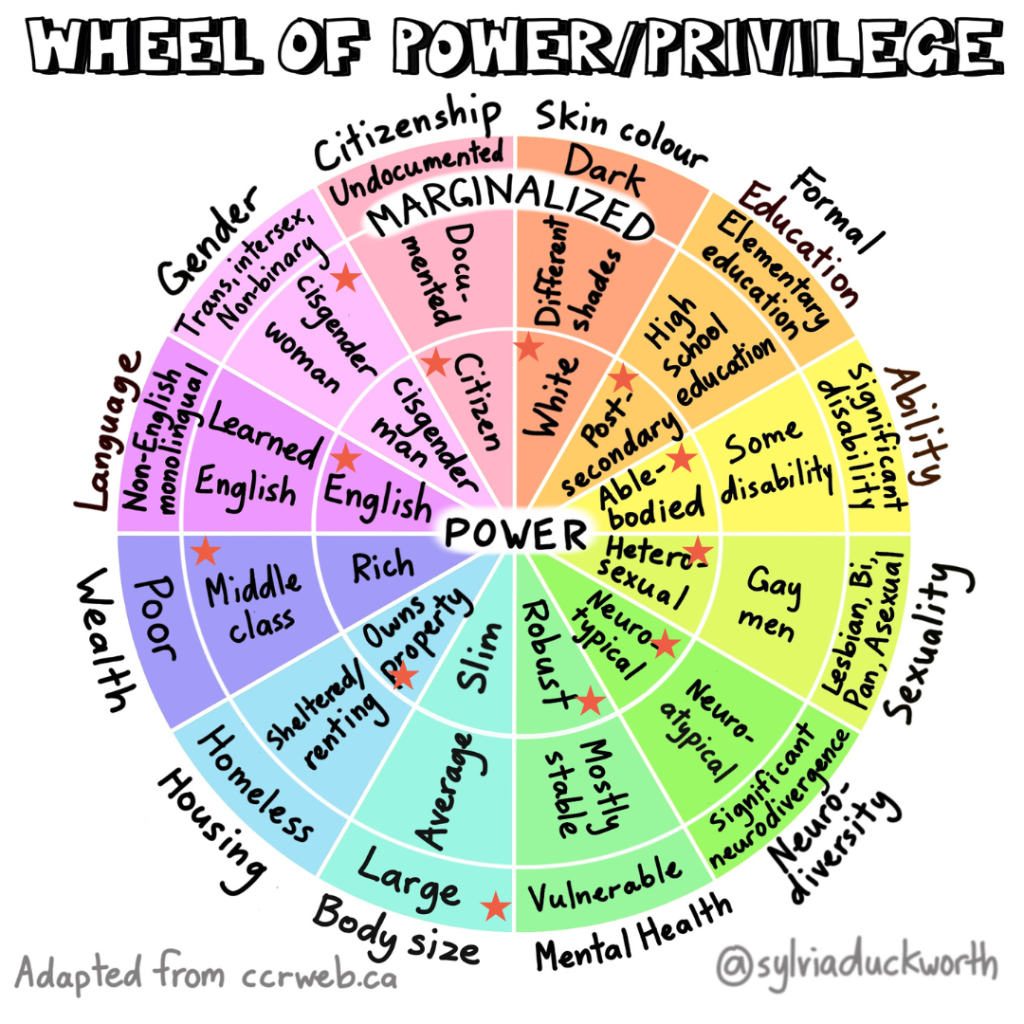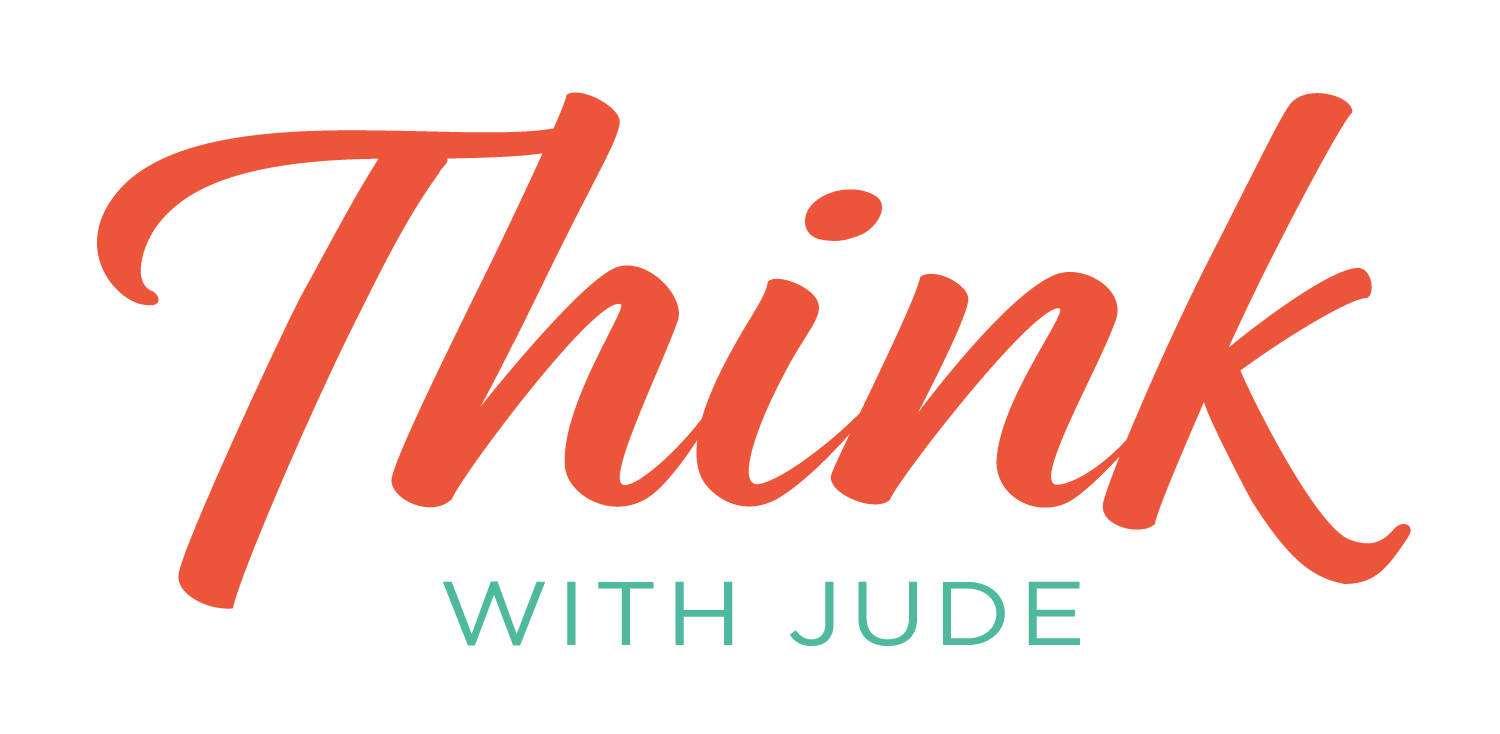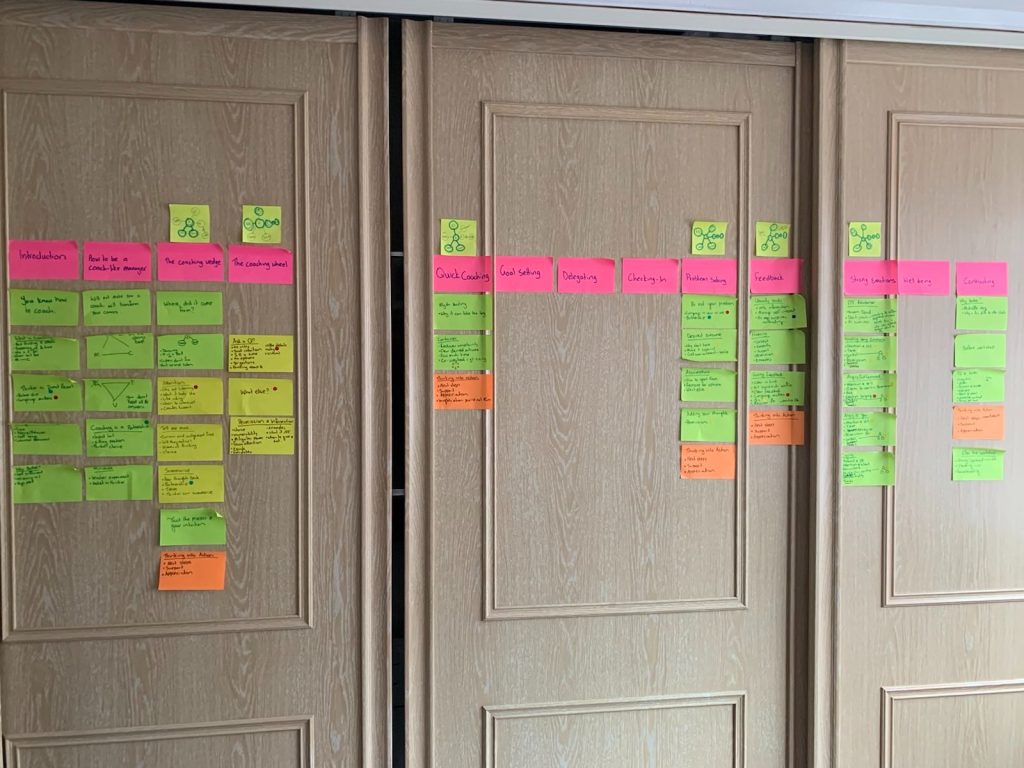Are you helping penguins?
In what ways might being coach-like #InspireInclusion?
#InspireInclusion is the theme for this year’s International Women’s Day (IWD) on Friday 8th March and it’s something I’ve been struggling to write about, because, penguins.
I had this friend in uni who loved to get into philosophical debates.
Are you helping penguins?
One year he had this thing about penguins.
He’d come up to you and ask you if you were helping penguins.
Of course most people said no and then he’d tell them that if they weren’t helping penguins, they were harming them.
Dumbfounded, they would try to argue that they weren’t harming penguins either. It was fun to watch, not so fun to be involved in.
The point is that your inaction can cause as much harm as doing the harmful thing.
Penguins = Inclusion
By now you might be wondering what this has to do with being coach-like or inspiring inclusion. I promise it does because you could substitute ‘penguin’ in the story above for ‘inclusion’.
In what ways is my inaction excluding people?
This question has been on my mind for a few weeks now, and let’s face it, there are very few spaces where I’m excluded as demonstrated by the stars on this wheel of privilege/power created by Sylvia Duckworth.

Image Credit: Wheel of Power/Privilege by Sylvia Duckworth is licenced under CC BY-NC-ND 2.0 The stars have bene added to show where I am on the wheel.
My definition of coach-like comes from coaching pioneer Sir John Whitmore: ‘[Coaching] is a way of leading and managing, a way of treating people, a way of thinking, a way of being.’
For me being coach-like to inspire inclusion is about:
- Recognising that I have gaps and will unintentionally exclude people.
- Being continuously curious about where those gaps might be by asking for feedback and educating myself.
- Sharing what I learn with others so they can close their gaps.In honour of the last point I’m going to share a great idea I got from Sim Fitzgerald, a DEI expert who helps small business close their gaps. In her contact form they ask:
Two inclusive questions
Question 1: My pronouns are she/they (I don’t mind which). If you’re comfortable sharing, what are your pronouns?
Question 2: Do you have any access needs for our call that would be useful for me to know about?
Two simple questions to help make someone’s experience of talking with you a whole lot better. I fully recommend you follow @sim.does.dei on Instagram and sign up to their newsletter, even if you aren’t a small business owner I think you’ll learn a lot.




